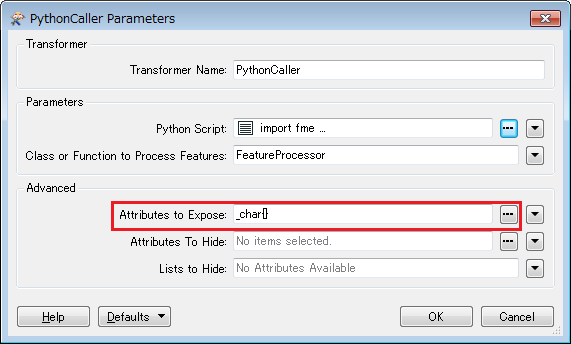Hi,
Can anyone provide some advice as to the most efficient way to explode a huge free text field or fields into all of its character elements retain a single instance of each. I am essentially trying to complete a pre-flight check in order to understand whether there are any ‘odd’ or ‘unexpected’ characters in an ever expanding data set, over which I have no control.
I have created a process below which completes the task; however, it is very inefficient and as the number of records increases it will become too slow.
1. Derive string length of free text field
2. clone by number derived in 1 (clone number created in process)
3. substring extract using clone number to obtain character at that position
4. Duplicate remover to create my list.
5. Expose character code.
6. Output list
Thanks in advance,
Rob







